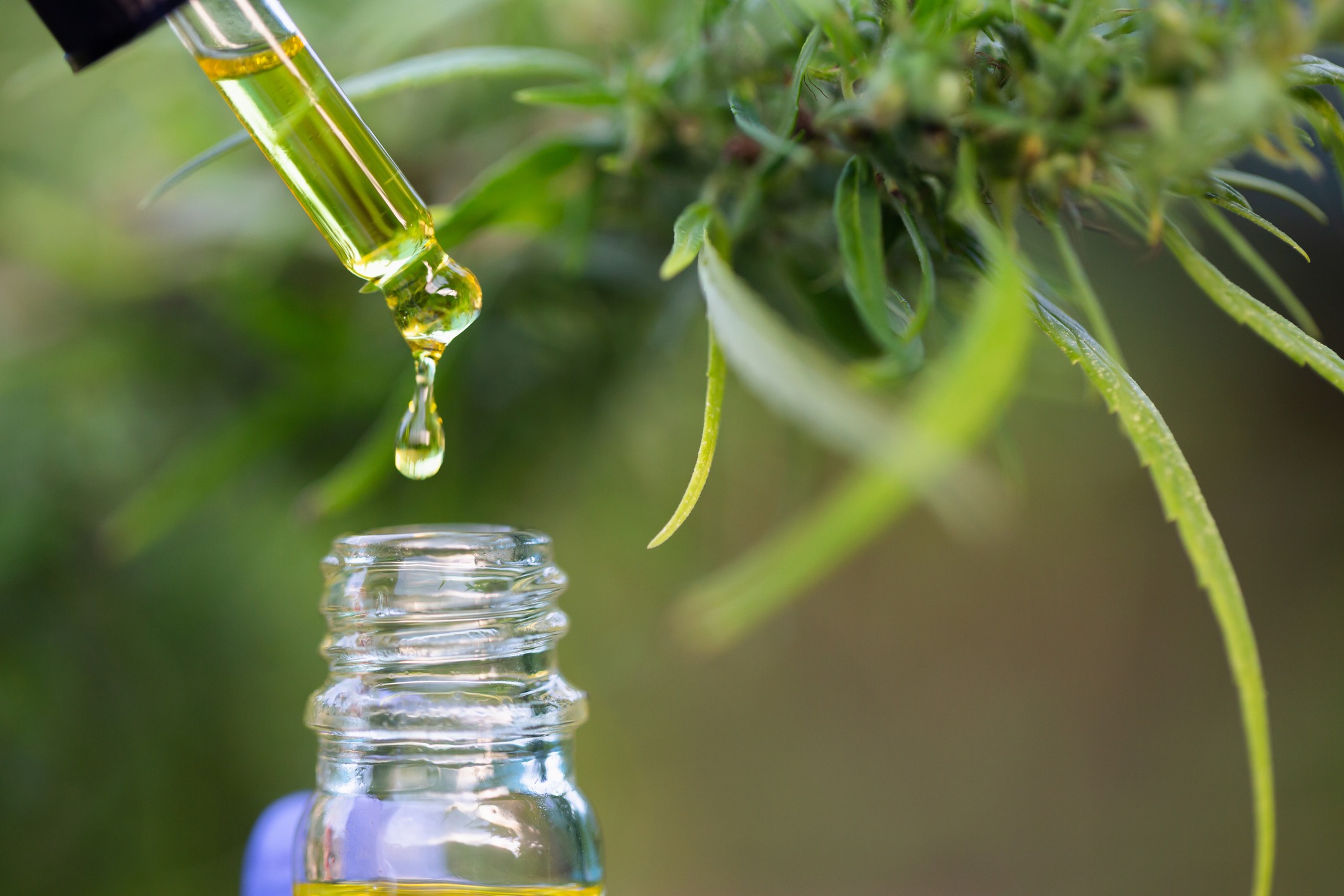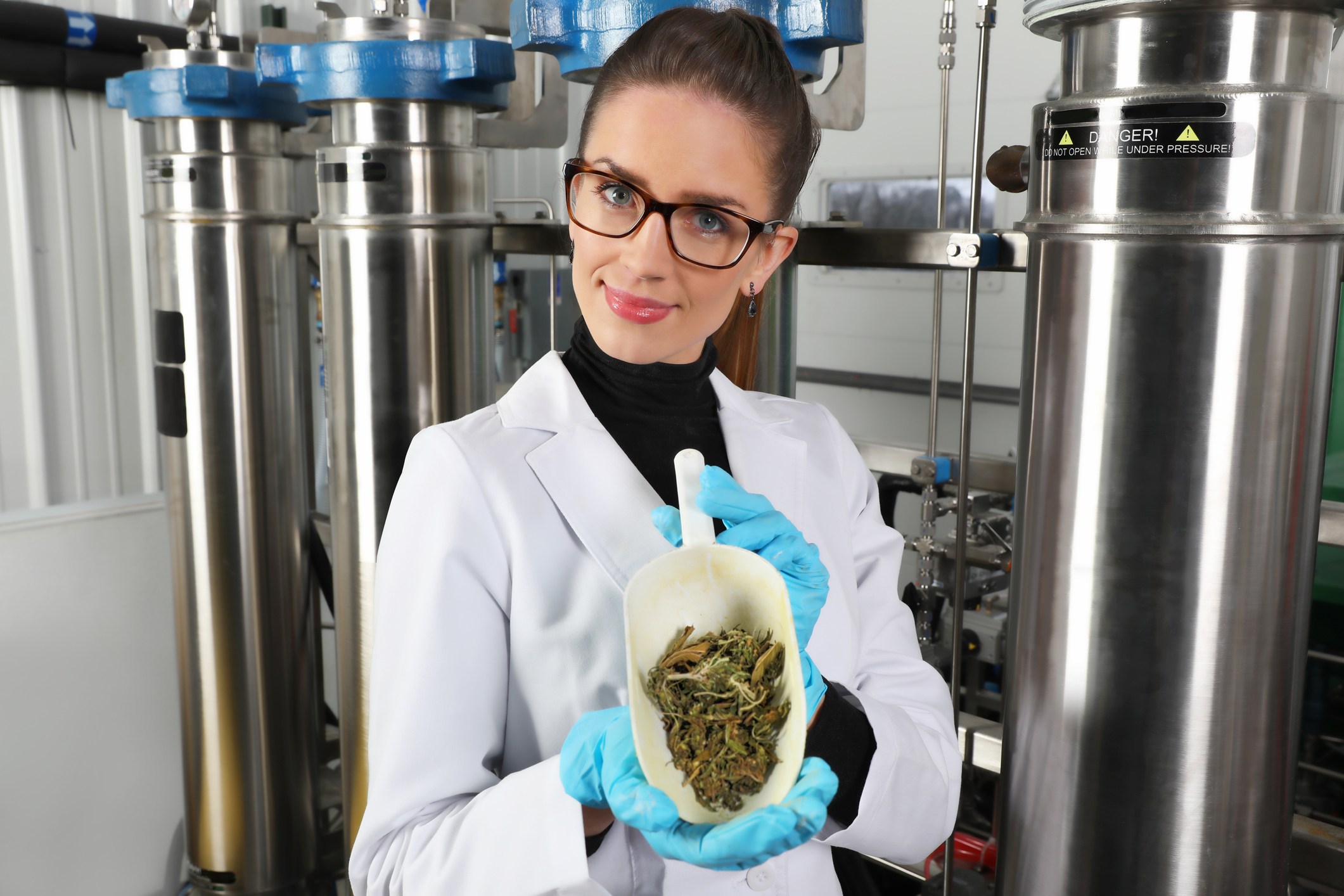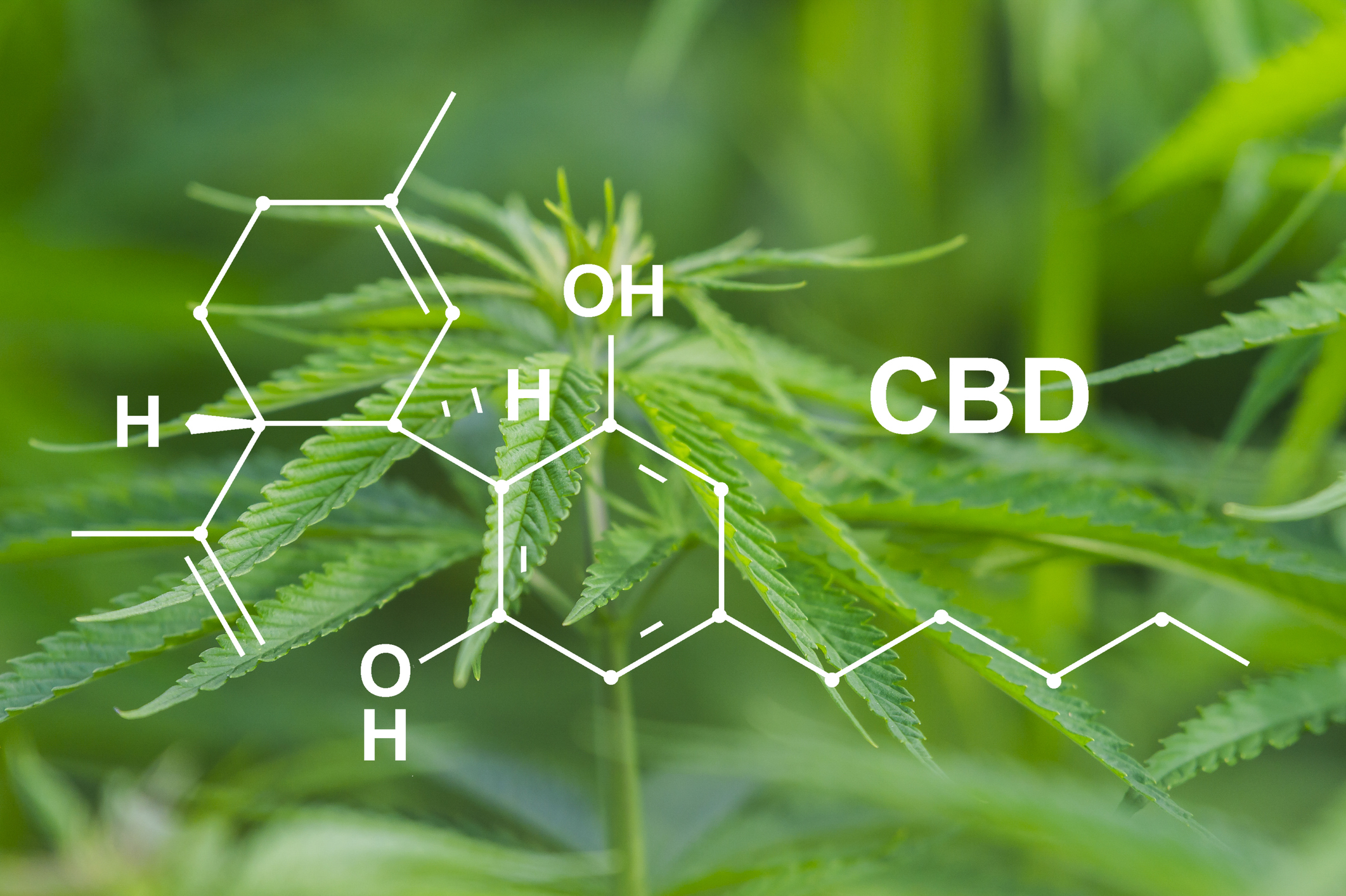Why Third Party Lab Testing is Important for the Cannabis Industry of Canada
One test can ruin a career. That’s the worry that runs through the minds of many in Canada. Even hemp-derived CBD oils can contain trace amounts of THC. If the contained amount varies even slightly from the amount reported, it could trigger a positive test.
Canada is one of the few places in the world that has legalized CBD and cannabis. One of the great tragedies of this, though, is that many confuse CBD with THC. Unlike THC, CBD is NOT a psychoactive compound. CBD oil, in the absence of THC, is perfectly safe.
However, if brands routinely produce CBD products that are overweight on THC, it could ruin the industry’s reputation. Because of this, accuracy is essential. But, for some companies, the desire to make money overrides common sense.
To get their CBD products on shelves, they may conduct in-house lab testing. This approach presents a real problem, as profit pressures may trump accurate labelling. When shopping online, due your due diligence. Comparison websites in Canada such as cbdcanadaselect.ca only feature the best CBD products that are lab tested.
Without a doubt, third-party lab testing is vital.

What is Third-Party Lab Testing?
Third-party lab testing refers to analysis conducted by laboratories with no connection to the testee. With no conflict-of-interest, these firms can provide believable, unbiased results.
Without third-party labs, producers force purchasers to take a leap of faith. The presence of a third-party establishes certainty, making it easier for skeptical customers to purchase a CBD product in Canada.
Why is Third-Party Lab Testing Important?
Third-party lab testing is key to consumer trust in Canada. In-house testing is inherently biased, thanks to the profit motive. Because of this, the Canadian government mandates the listing of CBD/THC content on CBD products, as well as third-party lab testing.
Even in the absence of such regulations, most companies would still pay for third-party lab reports. The reason is simple: third-party lab firms have no financial stake in a product’s success. If a valid third-party lab report is present, buyers can be confident in the accuracy of a CBD product’s numbers.
As long as a testing firm uses principles grounded in the scientific method, there is no reason to doubt their figures.

How Does a CBD Lab Test Work?
The scope of third-party lab tests in Canada can vary widely. Some producers, wanting to save money, will only scan for cannabinoids like CBD and THC.
Other producers will cast a wider net when submitting CBD products for a third-party lab report. By getting data on lesser-known cannabinoids and terpenes, they can get greater insight into their product’s properties.
These producers may also request reports on the presence of any impurities. This way, they can make improvements to their process. In subsequent reports, they can show consumers their CBD products are free of any harmful by-products.
Lab techs in Canada use numerous methods to analyze a cannabis/hemp product. However, High Performance Liquid Chromatography, or HPLC, is the most common form of analysis.
How do testing firms undertake HPLC? They start by taking a sample of the hemp/cannabis product and immersing it in an ethanol solution. When ready, lab techs then force the ethanol solution through a pressurized tube. The inner surface of this tube is coated with a material that attracts specific molecules.
By observing how long it takes for individual particles to reach the detector, they can deduce volumes of specific compounds. Below, we’ll expand further on what third-party lab techs look for when they examine CBD products.
Cannabinoids
When testing any hemp/cannabis product, cannabinoids are the first thing laboratories in Canada look for. In particular, they seek to verify THC and CBD levels. Most importantly, they ensure THC is low enough to avoid psychoactive effects. And second, they establish the CBD potency of a submitted product.
They also report on the presence of lesser-known cannabinoids like CBN, CBG, and CBC. Like CBD, these compounds lack the psychoactive properties of THC. But, as scientists study them, their effects are becoming better understood.
For this reason, the makers of full-spectrum CBD products pay for a complete report of all cannabinoids. This way, they can show consumers that they are getting a full dose of cannabinoids. This is important for many CBD producers, as some scientists believe the presence of multiple cannabinoids can trigger a process known as The Entourage Effect.

Terpenes
There’s more to a CBD product than its cannabinoids. They also contain terpenes, which are organic compounds produced by most plants. In particular, hemp and cannabis are chock full of these aromatic substances.
In all, scientists estimate more than 20,000 terpenes exist in nature. As researchers study them, they are learning about the beneficial effects they may have on human health. Because of this, the creators of many CBD products in Canada pay for terpene analysis.
In doing so, they can demonstrate the presence of superstar terpenes like Myrcene, Linalool, and Pinene. These substances have a variety of protective and curative properties. Some have potent anti-inflammatory effects, while others may elevate mood.
By listing these terpenes on their CBD products, owners can elevate its value.
Contaminants
The CBD products industry is currently in a “gold rush” phase. While many CBD entrepreneurs have committed to building quality products, others are out to make a quick buck.
Those in the latter camp may grow hemp/cannabis using pesticides and insecticides. If they don’t take care when growing, harmful bacteria/fungi can take root. If heavy metals like mercury have infected the growing soil, hemp/cannabis plants can absorb them. And, when cheap companies in Canada extract CBD, they may leave solvents like hexane or butane behind.
Reputable companies in Canada are aware of these corner-cutting measures. Thus, to set the consumer’s mind at ease, legit CBD producers have their products tested for these contaminants.
Who Does CBD Lab Tests in Canada?
As the cannabis and CBD industry have exploded, so have the number of testing labs in Canada. Currently, almost 150 testing labs, located from coast-to-coast, take cannabis and hemp samples. On the Government of Canada’s website, you’ll find a list of labs sanctioned by the Feds.
When you click on the link above, the website lists labs by name. For easier reading, we recommend sorting by province/territory. To do this, click on the arrow in the “Province or Territory” column. Many labs are busy, so be patient in your search.

In the Cannabis Industry, Trust Is Paramount
Nobody likes being taken for a fool. That’s why rules and regulations exist – to protect the consumer. The government of Canada has sanctioned third-party labs for cannabis and CBD testing.
This way, customers across Canada can be confident that their CBD oil does what the label says. The more trust the CBD industry builds up, the faster it will grow. Undoubtedly, third-party lab testing will play an indispensable role in that quest.
10 Best Gift Ideas for Cannabis Connoisseurs and Growing Aficionados (2022)
December 7, 2022Developing and Optimizing a Cannabis Cultivation System
December 14, 2021Dealing with Insomnia: How Can CBD Help?
December 10, 2020Your Guide to Sleep and CBD
December 7, 2020
Do you want to receive the next Grower's Spotlight as soon as it's available? Sign up below!

